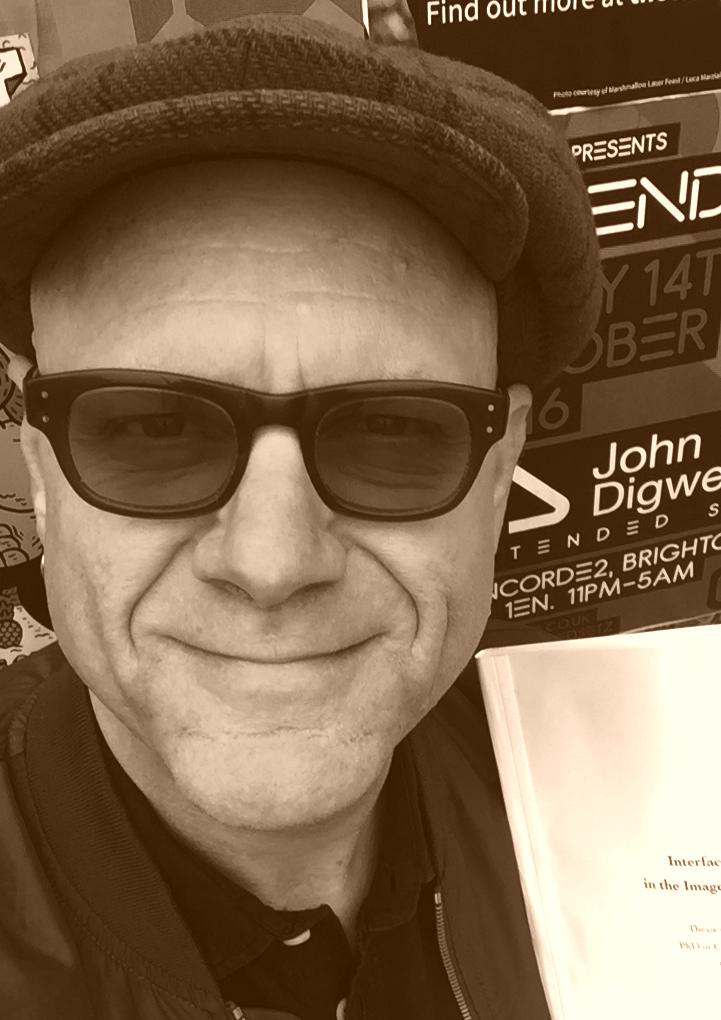The rise of far-right parties in many parts of the world threatens the work of human rights and social justice NGOs. In 2016, Oxfam first analyzed the electoral ascendancy of far-right populist political parties, and the charismatic leaders representing far-right movements. This analysis concluded that civil society organizations working on human rights and social justice […]
0%
text
Tools development: I develop, pilot and revise curricula and training materials that better equip organizations to implement their programs on gender, health and violence. I have documented promising practice in relation to such programs and created innovative digital media tools to support such work. I have authored toolkits on masculinities, gender-based violence, sexual health and HIV/AIDS.
Capacity building: I support organizations working on gender, health and violence to respond to the identified rights, needs and interests of targeted communities. I provide training and technical support to strengthen their capacity in all aspects of program development (assessment, design, monitoring and evaluation), with an emphasis on participatory approaches that mobilize community involvement in such programming.
Program and policy analysis: As both author and facilitator, I develop and apply analyses of issues of men, masculinity and power that articulate the connections between gender and other forms of oppression as well as interpersonal and institutional violence, public health and public safety, and individual and social change.
Strategic planning: I design, deliver and document strategic planning processes for organizations working on a range of social justice issues and social change goals. I have led strategic planning processes focused at national, regional and global levels with nongovernmental and intergovernmental organizations.
- All
- article
- chapter
- policy
- program
Co-authored with Thea Shahrokh and Sushmita Preetha Deep-rooted patriarchal systems uphold gender and class-based inequalities in Bangladesh, within which the issue of land distribution and use remains integral to the transformation of poverty for a large number of women and men. Nijera Kori is a national social movement organising landless people to claim their rights […]
Co-authored with Gaurav Jashnani and RJ Maccani, in “Engaging Men in Building Gender Equality”, Michael Flood and Richard Howson (eds), Cambridge Scholars Publishing: Newcastle upon Tyne (2016) In her contribution to last year’s Kilburn Manifesto (Rustin 2013), an online statement in twelve monthly instalments about the nature of the neoliberal system which now dominates most […]
Co-authored with Thea Shahrokh and Jerker Edström This paper discusses the process and progress of the Men and Masculinities stream of work within the Gender, Power and Sexuality (GPS) programme, supported by the Swedish International Development Cooperation Agency (Sida). In relation to the overarching programme’s emphasis on linking local voices to global arenas to influence […]
Calls for greater male participation are now a commonplace in work on sexual and reproductive health and rights. The need to engage men in efforts to prevent sexual and gender-based violence (SGBV) and promote sexual health and gender equality is well accepted. But we know less about the optimal forms of such engagement, particularly when […]
Co-authored with Andrea Cornwall and Jerker Edström, in “Men and Development: Politicizing Masculinities”, Andrea Cornwall, Jerker Edström and Alan Greig (eds), Zed Books: London and New York (2011) Men and masculinities have captured greater space in development’s ‘gender agenda’ over the last decade. The growing visibility of gender violence and HIV has given rise to […]
In “Men and Development: Politicizing Masculinities”, Andrea Cornwall, Jerker Edström and Alan Greig (eds), Zed Books: London and New York (2011) The gender order is changing. Structural changes in the global economy as a result of neo-liberalism have ‘undercut once and for all state-organized capitalism’s ideal of the family wage’ (Fraser, 2009: 8), with profound […]
This article explores the notion of ‘troublesome’ masculinities that characterise much of the policy discourse and programme thinking on problems of young men and gender. It critiques the dimorphism that shapes this view of young men’s gender trouble, and the ‘culturalism’ that constrains the perception of the troubled times in which many young men live. […]
Co-authored with Dean Peacock, Rachel Jewkes and Sisonke Msimang. Gender has long been recognized as being key to understanding and addressing HIV and AIDS. Gender roles and relations that structure and legitimate women’s subordination and simultaneously foster models of masculinity that justify and reproduce men’s dominance over women exacerbate the spread and impact of the […]
Co-authored with Dean Peacock and Thokozile Budaza, in “From Moralizing to Preventive Action: HIV/AIDS and Human Security in South Africa”, Angela Ndinga-Muvumba (ed), Centre for Conflict Resolution, Cape Town (2007) Launched on International Human Rights Day on the 10th of December 1998, the South African Treatment Action Campaign (TAC) has demonstrated its ability to win […]

